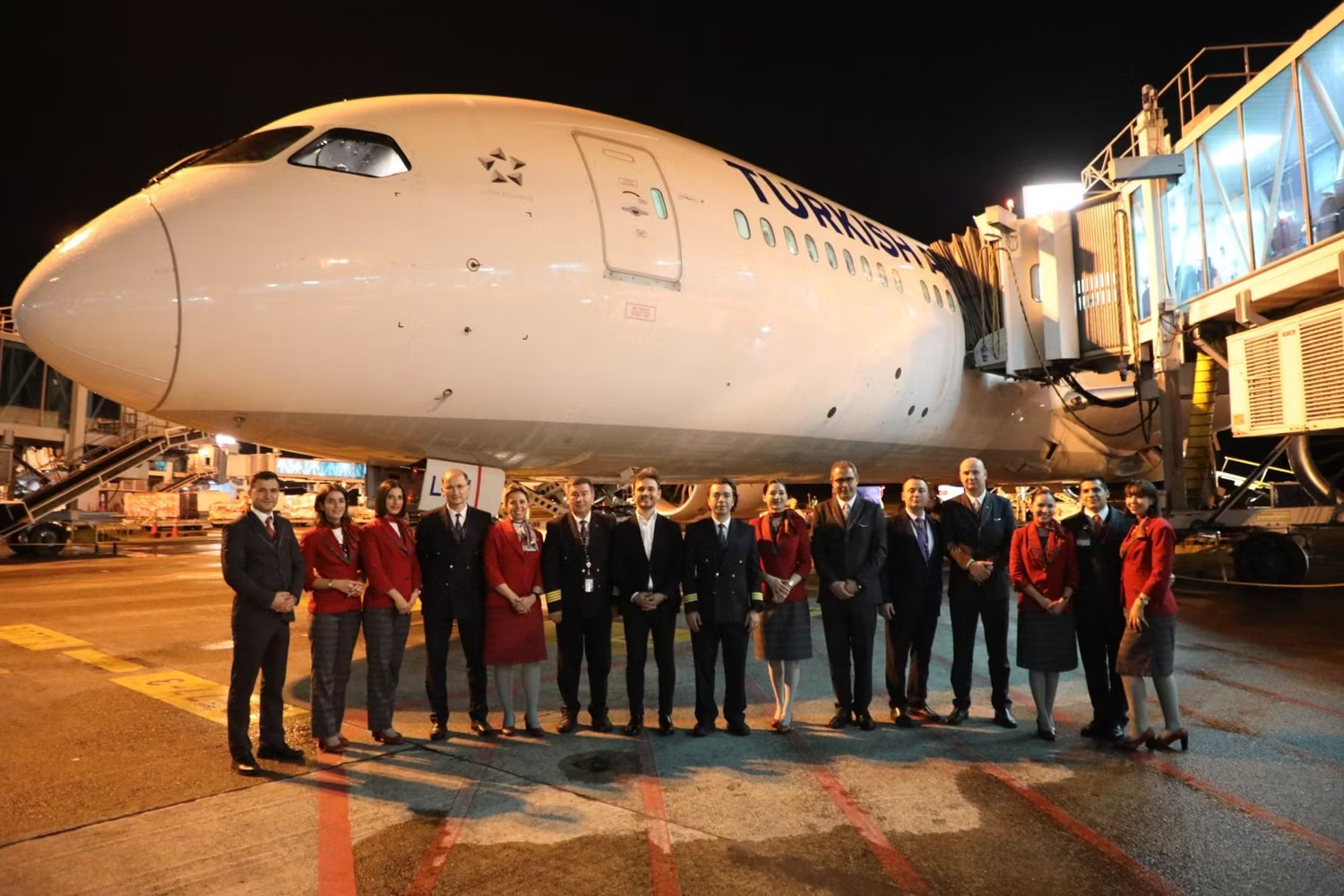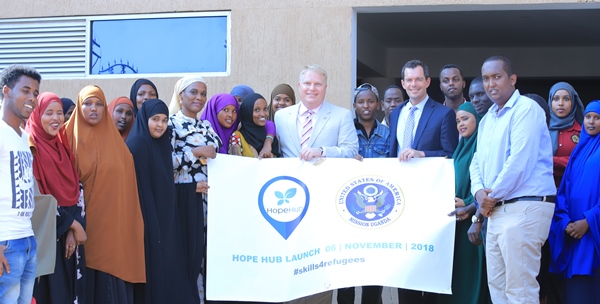Serbia and Uganda have signed a Bilateral Air Service Agreement (BASA) to establish direct flights and enhance cooperation between the two countries. This significant milestone was achieved during the inaugural session of the Joint Commission for Trade and Cooperation, held in Niš, Serbia. It is expected to boost economic, trade, and cultural exchanges between Eastern Europe and East Africa.
The agreement lays the groundwork for direct flights between Entebbe, Uganda, and Belgrade, Serbia. There is also an anticipated codeshare partnership between Uganda Airlines and Air Serbia, which will improve connectivity and convenience for both passengers and cargo.
Ugandan President Yoweri Museveni has been advocating for initiatives to connect Uganda with key global destinations, and this BASA is a major step toward that vision. Tumusiime Aggrey, Uganda’s Senior Air Transport Officer, stated that the agreement will strengthen the socio-cultural relations between the two countries and enhance Uganda’s position as a safe and secure hub for commercial aviation, aligned with International Civil Aviation Organisation (ICAO) standards.
Aggrey expressed optimism about the agreement’s potential to achieve shared goals for Uganda and Serbia. “The Bilateral Air Service Agreement will improve connectivity, trade, and socio-cultural relations between Uganda and Serbia. Ugandan airspace is safe and secure for commercial aviation, having surpassed the global average in ICAO’s security audits,” he noted, emphasizing the regulatory readiness for increased air traffic between the two regions.
The new direct flights will facilitate the movement of people and goods between the two regions, with Niš Constantine the Great Airport serving as a gateway for Ugandan exports to Eastern Europe. The airport’s extensive cold storage and shipping facilities are particularly suited for handling perishable agricultural products, making it an attractive logistical centre for Ugandan exporters seeking to enter Balkan markets such as Greece, Albania, and Bulgaria. This agreement aligns with Uganda’s broader economic agenda to diversify export markets and increase the value of its agricultural sector, providing a direct channel to reach Serbian and regional consumers.
Serbia will also benefit by diversifying its import base and fostering stronger trade relations with Africa, particularly East Africa. The expanded trade routes present opportunities for both countries to grow economically, allowing Ugandan businesses access to new markets in the Balkans and broader Eastern Europe.
Additionally, this BASA symbolizes a deepening of diplomatic and cultural ties between Serbia and Uganda, which have steadily improved since last year. Increased connectivity is expected to boost tourism, educational exchanges, and cultural programs, allowing citizens of both countries to explore each other’s heritage and foster stronger people-to-people connections.
With Serbian construction firms already securing contracts in Uganda, the BASA also paves the way for collaborative infrastructure projects and knowledge exchange. The Joint Commission for Trade and Cooperation will reconvene in Kampala in early 2025 to continue building on this momentum, facilitating additional partnerships and development initiatives.




